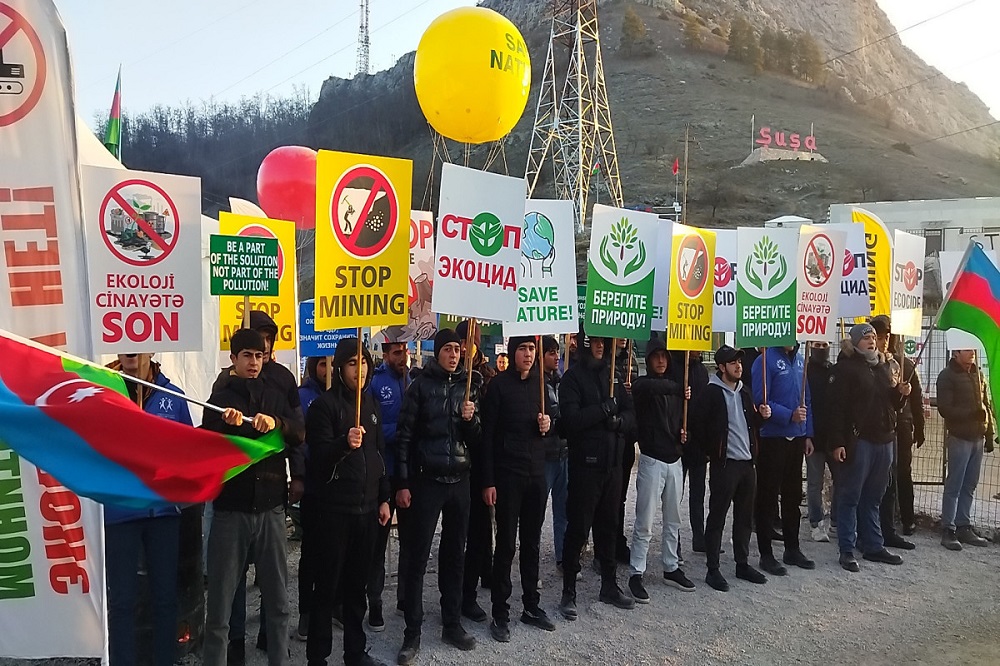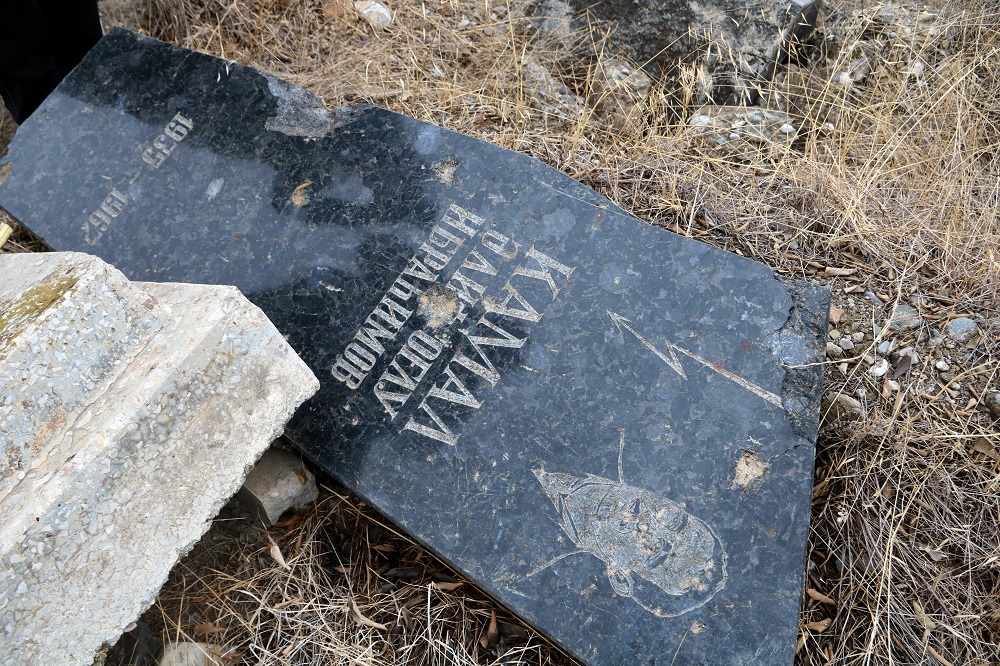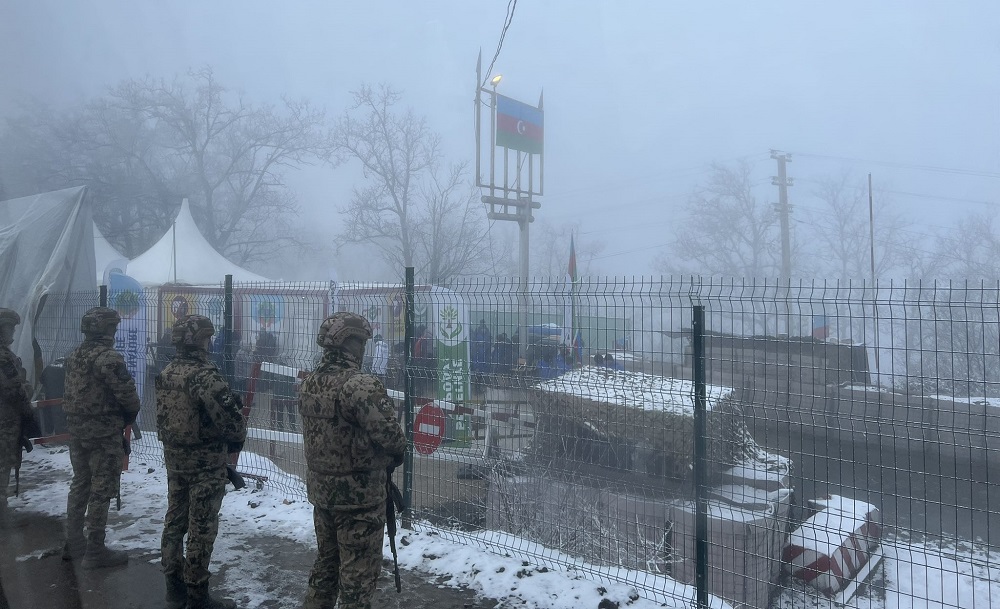New war between Azerbaijan and Armenia? Analysts from Baku on Foreign Policy forecasts
Analysts on foreign policy forecasts
In spite of the New Year holidays in Azerbaijan, speculation in the American political news outlet Foreign Policy about a possible new war in the region provoked a strong reaction among experts. According to analysts at the South Caucasus Analytical Center, the cause of this possible war would be the “destructive policy of Armenia and mediators.”
- “Conditions for decision-making are deteriorating”: Opinion from Baku on situation in Karabakh
- The festive New Year look of Baku, Yerevan and Tbilisi, and how much the authorities spent on it
- What will change for Georgian citizens in 2023?
Foreign Policy has noted ten of the most important conflicts in the world that need to be kept under review in 2023, including at the border between Azerbaijan and Armenia.
American analyst forecast
According to the publication’s authors, the war in Ukraine had the greatest impact on the new alignment of forces in the South Caucasus. “Two years after the end of the war over Nagorno-Karabakh, Armenia and Azerbaijan are moving towards a new confrontation,” Foreign Policy said.
American analysts believe that a new war between Azerbaijan and Armenia is inevitable: “It will be short-lived, but no less dramatic than the 44-day war of 2020.”
According to the publication, the Armenian army “is experiencing great difficulties, in particular a lack of weapons, while Azerbaijan, supported by Turkey, is building up its military potential. In addition, Baku is also inspired by Europe’s increasing demand for Azerbaijani gas.”
Experts point to “new successes and the advance of Azerbaijani troops along the entire line of the new border.”
Foreign Policy states that “after defeat in the war, Armenia abandoned the demand for a special status for Nagorno-Karabakh, but insists on ensuring the rights and security guarantees for the Armenian population. In turn, Baku is ready to provide the Karabakh Armenians with the rights enjoyed by other citizens of Azerbaijan.”
The publication draws parallels between the two projects of the final Armenian-Azerbaijani resolution: the Russian plan and the Washington plan, insisting on the advantage of the American version. However, American analysts predict that peace talks will not lead to any results, and a new war will break out.
Comment from Baku
Experts from the South Caucasus Analytical Center (CSSC) note that the publication makes cogent arguments, but does not acquaint readers with the fundamental causes of a possible war. “Answers to questions make us smart, and understanding the essence of the issue makes us wise,” Azerbaijani analysts note, adding that the root cause is the “destructive policy of Armenia and mediators.”
“Direct evidence of Yerevan’s destructive policy”
“According to the tripartite agreement of November 10, 2020, Armenia had to withdraw all troops from Karabakh, open the Zangezur corridor and stop funding the illegal regime. But Armenia did not demonstrate the necessary political will to normalize relations, continued its controversial and inconsistent position, avoided fulfilling agreements reached and obligations assumed, and tried to buy time for proposals on the text of the peace treaty, resorting to political and military provocations in order to impede normalization.
“Pashinyan has stated that he recognizes the territorial integrity of Azerbaijan, but at the same time left in place the national security strategy, which considers international recognition of the independence of Nagorno-Karabakh as a priority, and included the policy of separation of Nagorno-Karabakh from Azerbaijan in the government program for 2021-25.
“Direct evidence of the destructive policy of Yerevan is the incomplete withdrawal of Armenian military units from Karabakh, as well as the allocation of more than 410 million dollars to finance the illegal regime.”
“Destructive politics of intermediaries”
“The 44-day war strengthened Moscow’s position in the South Caucasus and strengthened Armenia’s economic and military dependence on Russia. But Moscow did not take the obvious steps to turn this superiority into a long-term strategic victory; it did not put pressure on Armenia to fulfill its obligations. In 2021 Moscow did not want this, and in 2022 it no longer had the opportunity to do so.
“Great hopes were pinned on the mediation of Brussels. But the unilateral and biased statements of the President of France, the mendacious resolutions of the Senate and the National Assembly of this country made the fate of this format uncertain. To continue negotiations through the mediation of the European Union, Macron must declare his departure from this process, or do so through Charles Michel. But apparently, the policy of France in the South Caucasus has narrowed to the interests of one local community.
“The United States verbally supports the territorial integrity of Azerbaijan, but in deed does not. Over the past two years, the US Ambassador to Azerbaijan has never visited Shusha. On the contrary, the US Ambassador to Armenia, Lynn Tracy, blamed Azerbaijan for all the fighting, and the new Ambassador to Armenia, Christina Quinn, during Senate hearings promised Senators who maintain relations with the Armenian diaspora to do everything in their power to hold Azerbaijan accountable.
“Summarizing all the above, we can conclude that in the coming months, Armenia and the mediators will not move away from their destructive policy. And all this creates real threats to the national security of Azerbaijan and stability in the region. These circumstances may force Baku to resolve issues through the use of force,” CSSC analysts noted.





















